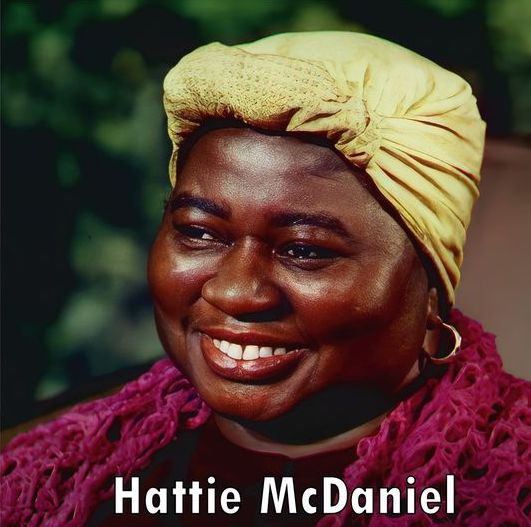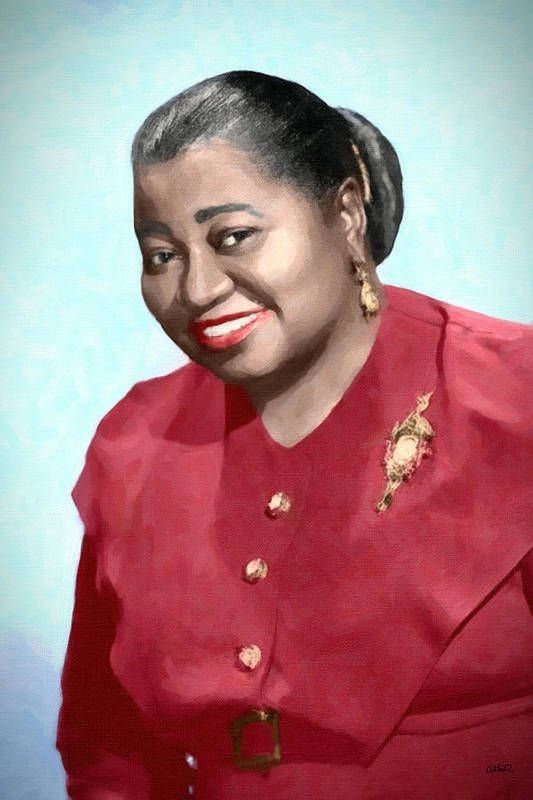HATTIE McDANIEL
1895 – 1952
______________________________________
By Dale Ricardo Shields
All Rights Reserved – iforcolor.org

“Why should I complain about making seven hundred dollars a week playing a maid?
If I didn’t, I’d be making seven dollars a week actually being one”
~*~

[ We only need 99 more signatures to reach the next goal – can you help? ]
FINALLY!
Film Academy To Replace Hattie McDaniel’s ‘Gone With The Wind’ Oscar; Howard University To Get Statuette
The Academy of Motion Picture Arts and Sciences and the Academy Museum said today that they will gift a replacement of Hattie McDaniel’s 1939 Best Supporting Actress Academy Award for Gone with the Wind to the Howard University Chadwick A. Boseman College of Fine Arts.
The school will host a ceremony titled “Hattie’s Come Home” at its Ira Aldridge Theater in Washington, D.C., on October 1.
“Hattie McDaniel was a groundbreaking artist who changed the course of cinema and impacted generations of performers who followed her. We are thrilled to present a replacement of Hattie McDaniel’s Academy Award to Howard University,” Academy Museum Director and President Jacqueline Stewart and Academy CEO Bill Kramer said in a statement. “This momentous occasion will celebrate Hattie McDaniel’s remarkable craft and historic win.”
McDaniel received not a statuette but a plaque, as was customary for supporting performance winners from 1936-42. McDaniel bequeathed her Academy Award to Howard University upon her death in 1952, and the award was displayed at the university’s drama department until the late 1960s. Its whereabouts are unknown today.
McDaniel’s award stands out in Academy history in that it would be 51 years before another Black woman would win an acting Oscar, when Whoopi Goldberg took the Supporting prize for 1990’s Ghost.
“When I was a student in the College of Fine Arts at Howard University, in what was then called the Department of Drama, I would often sit and gaze in wonder at the Academy Award that had been presented to Ms. Hattie McDaniel, which she had gifted to the College of Fine Arts,” said Phylicia Rashad, dean of the Boseman College of Fine Arts. “I am overjoyed that this Academy Award is returning to what is now the Chadwick A. Boseman College of Fine Arts at Howard University. This immense piece of history will be back in the College of Fine Arts for our students to draw inspiration from. Ms. Hattie is coming home!”
